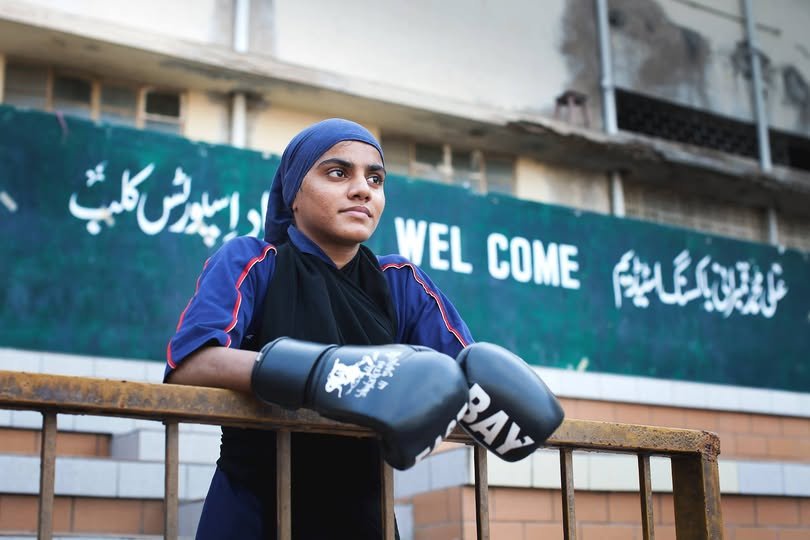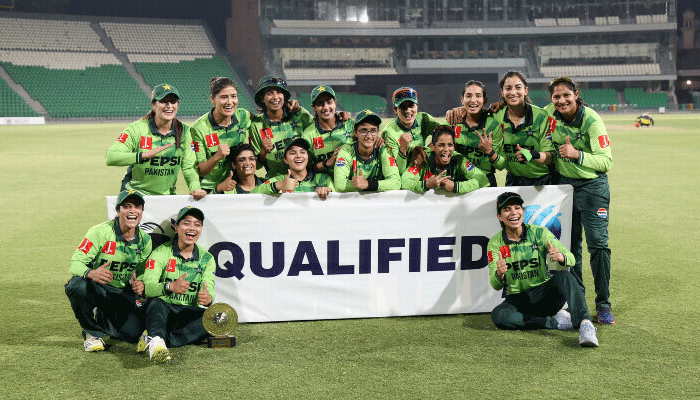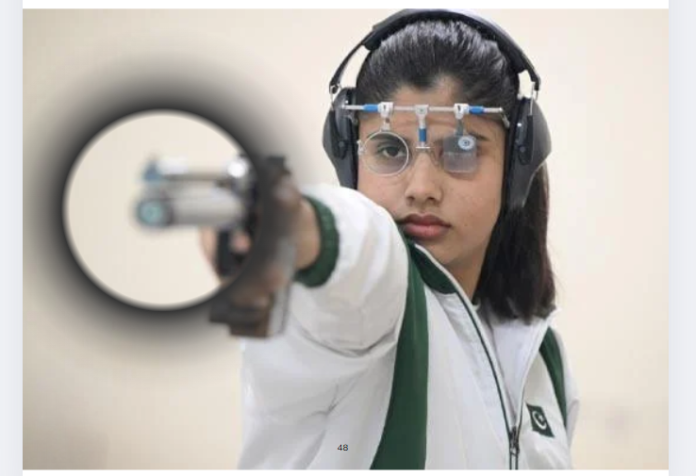A socio-political lens on how women’s presence in sports challenges deeply entrenched notions of public space and gender
“Space is not neutral. It is political, historical, and ideological,” writes feminist geographer Doreen Massey. Her theory of spatial politics contends that space reflects power relations — who belongs where, who moves freely, and who is restricted or erased. Applying this lens to Pakistan’s socio-cultural landscape reveals a powerful transformation: women are not just stepping into sports fields — they are reshaping the very definition of public space.

The Gendered Geography of Pakistan
In Pakistan, the streets, fields, and parks have historically been coded male — domains of visibility, authority, and movement for men. Public space is where men socialize, negotiate power, and assert control, while women are often relegated to the private sphere of the home. This spatial segregation is not just cultural but enforced through norms, family expectations, and, at times, violence. Any woman who challenges this status quo, especially through physical expression like sports, is seen as a disruption.
But what happens when young women step onto cricket grounds, ride bicycles on busy streets, or compete in international boxing rings? They do more than just play; they resist.
Sport as Resistance: A Quiet Revolution
In Karachi’s Lyari, long known for its gang violence and poverty, young girls like Razia Bano are turning boxing gloves into tools of resistance.
In Gilgit-Baltistan, Samina Baig summited Everest, planting the Pakistani flag — and a feminist symbol — on the world’s highest peak. In Lahore and Islamabad, all-women cricket teams are forming leagues, training in parks, and claiming visibility where they were once invisible.
These actions defy the idea that women must seek permission to exist in public. They rewrite the script — not through confrontation, but participation. Sport becomes a socially palatable, yet radical way to occupy space.

The Politics of Visibility
Visibility is a political act. When women play sports, particularly in public or televised arenas, they challenge dominant narratives about female modesty, domesticity, and passivity. They are no longer silent observers or supportive cheerleaders — they are competitors, leaders, and icons.
Yet this visibility often comes with backlash. Online trolling, fatwas against women athletes, dress-code controversies, and threats of violence show how threatening female presence can be to patriarchal power. Still, many persist. Because the field offers more than physical activity. It offers freedom.
Intersectionality on the Playing Field
Not all women reclaim space equally. Urban, middle-class women might find more support for their participation, while rural, working-class women face additional barriers, from transport to funding to cultural backlash. Yet it is often from these marginalized communities that the boldest efforts emerge.
Take the example of Hazara girls in Quetta forming cycling groups to ride for peace and rights, or female footballers in Swat Valley playing in hijabs under Taliban threat. These women don’t just want access to sport — they want access to dignity, autonomy, and citizenship.
State and Society: Enablers or Inhibitors?
The role of the state is ambivalent. While government-backed programs like the Pakistan Sports Board and the Higher Education Commission sponsor female athletes, a lack of infrastructure and underfunding persist. Policy alone cannot ensure equality — it requires cultural change. Families must be allies. Communities must shift narratives. Media must amplify these stories, not as “exceptions” but as new norms.
Beyond the Field: A Broader Movement
This movement is not just about sports. It is about redefining what it means to be a Pakistani woman. It is about reclaiming the body, asserting the right to move, speak, sweat, and be seen, without shame or permission.
In every kick, run, punch, and sprint, women are saying: “This space is mine too.”
Rewriting the Map
Using Doreen Massey’s theory of spatial politics, we understand that reclaiming space is about much more than geography — it is about justice. Pakistani women athletes are not merely breaking into sports; they are rewriting the map of gender and power in their society.
And as more girls step into fields of their own — with confidence, courage, and camaraderie — they change the story, not just for themselves, but for a nation still learning to share its public space.







